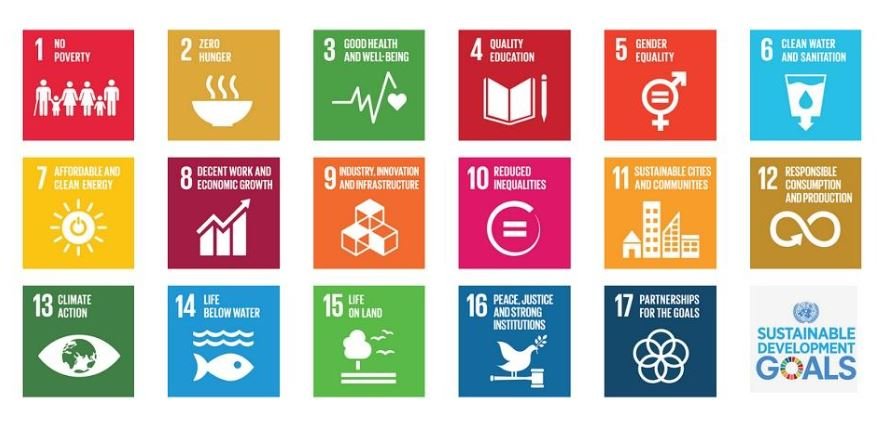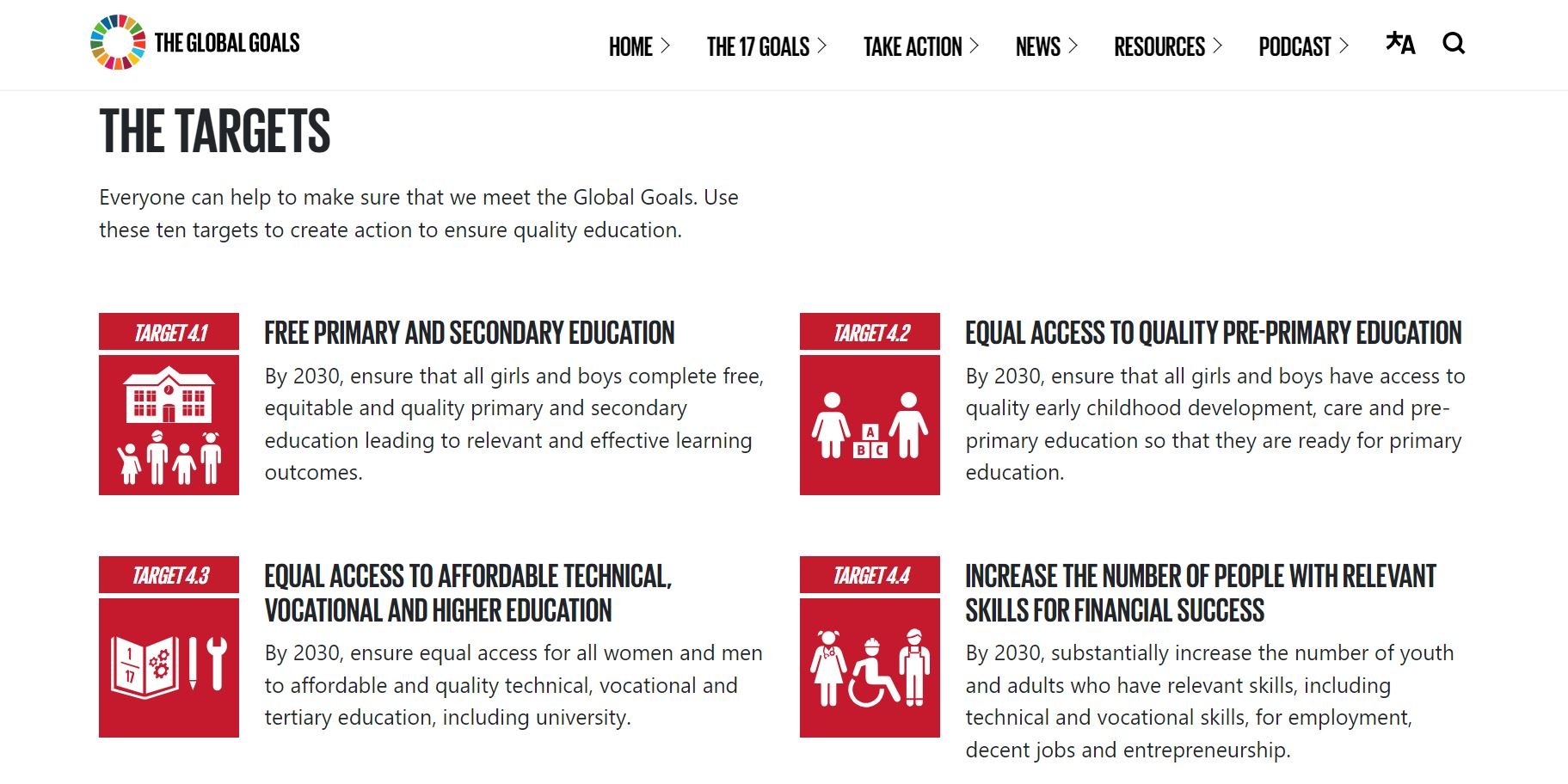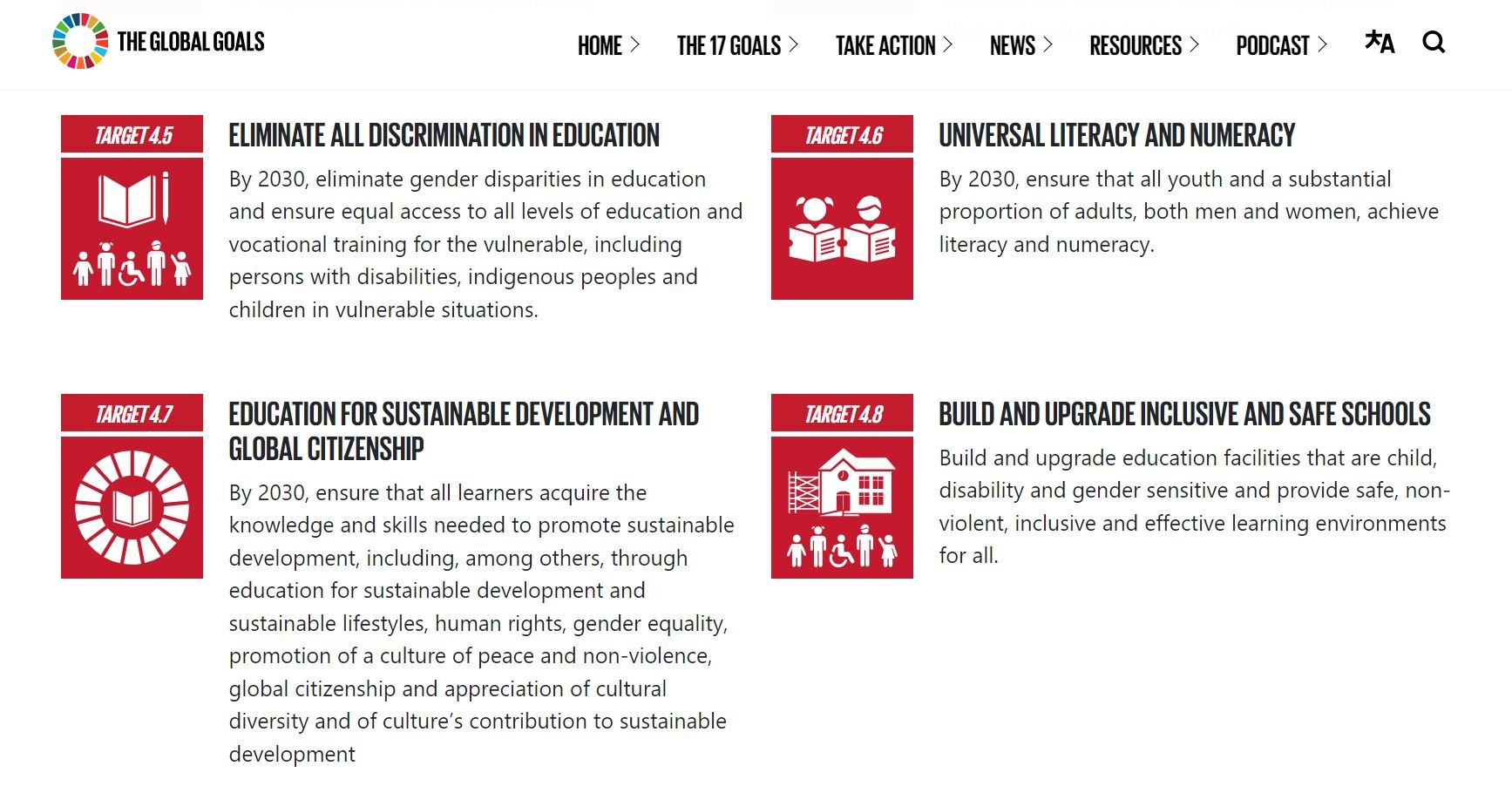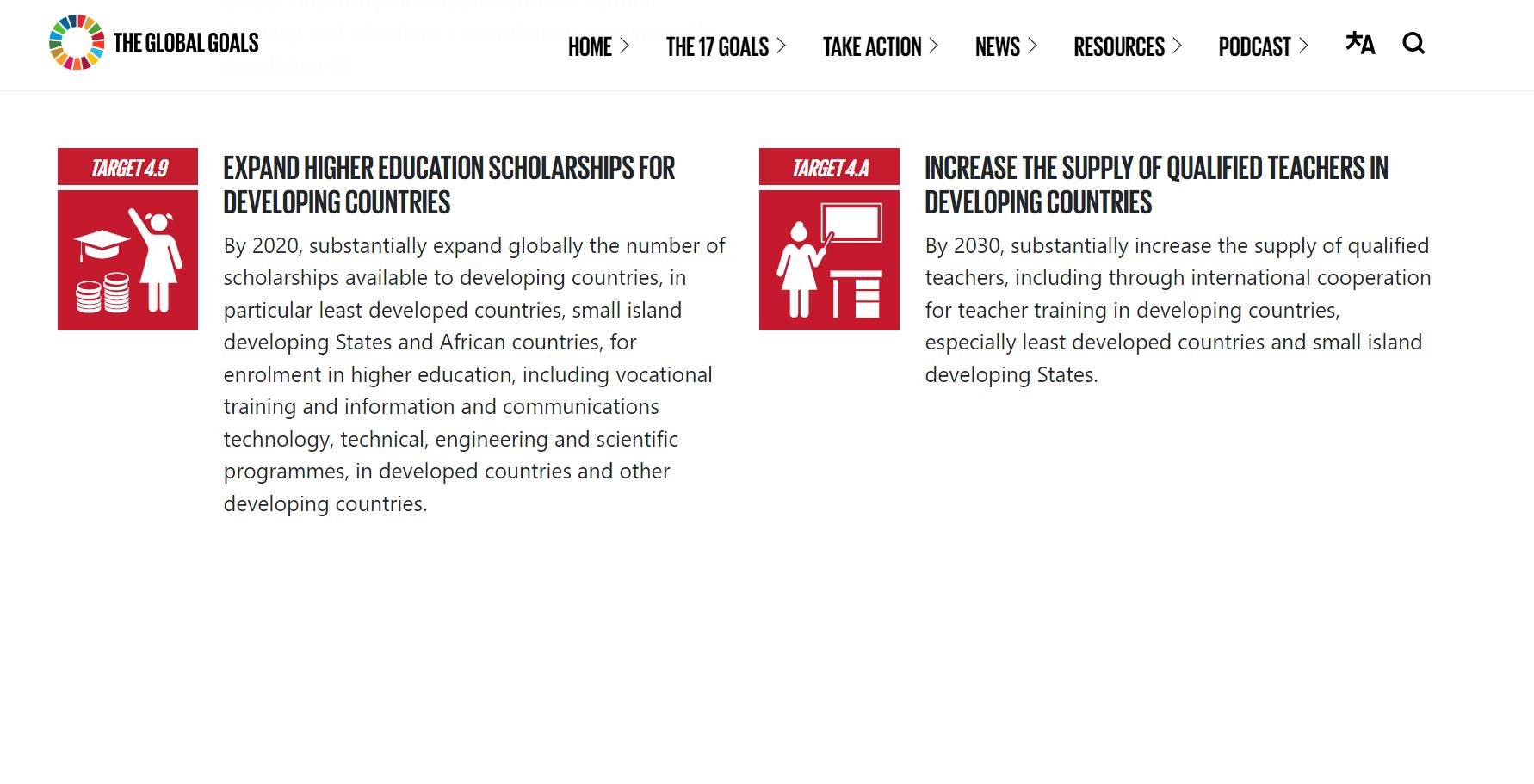Collaborative Endeavors: How Civil Society Organizations are Joining Forces for Early Literacy
Emelina S. Almario, President of the Adarna Group Foundation, Inc. exchanges insights with Ma. Vibien H. De Guzman, President of the ASKI Foundation Inc. while waiting for the Handang Magbasa program orientation to begin. The two organizations are partners in bringing this early literacy program to the Municipality of Sta. Rosa, Nueva Ecija.
A COUNTRY OF VIBRANT CIVIL SOCIETIES
According to a recent study by the Asian Development Bank, the Philippines has one of the world’s “most vibrant and active” civil societies. Their research shows that as of 2022, there were over 378,000 civil society organizations (CSOs) in the country on record, and many more that remain unregistered. Non-government organizations (NGOs), corporate social responsibility (CSR) arms, community-based organizations, faith-based organizations, labor unions, and professional associations all fall under the broad category of CSOs.
In the face of complex challenges, CSOs play an instrumental role in generating innovative ideas, providing humanitarian aid, and promptly raising awareness of pressing issues. As part of the commitment to addressing a diverse range of societal issues, CSOs often collaborate with international partners, local government units, and other organizations to implement programs for the Filipino people. Together, CSOs help the Philippines move closer to achieving the Sustainable Development Goals (SDGs), also known as the Global Goals.
IMPORTANCE OF CSOs IN THE EDUCATION SECTOR
Quality education is the fourth Global Goal—following the right to good health and well-being, and the eradication of hunger and poverty. The fourth SDG recognizes education as the key to unlocking better economic opportunities and asserts that humans have the right to lifelong learning. Moreover, it emphasizes the need to improve the quality of education and ensure that this education is inclusive and accessible to people from all walks of life. A country’s progress toward quality education is measured by its ability to meet ten targets specified by the United Nations, which can be viewed below.
In the Philippines, education continues to be a pressing advocacy. Overall, CSOs contribute significantly to this sector by increasing access to education in hard-to-reach areas, providing learning materials, conducting capacity-building workshops, advocating for inclusivity, lobbying for policy reforms, and engaging the support of the community.
Learn more about the Philippines’ progress in achieving quality education for all through this discussion paper by the Philippine Institute for Development Studies (2023).
A SPOTLIGHT ON EARLY LITERACY
A mother spends time reading the board book “Dumaan si Butiki” to her child. A board book is a type of learning material especially designed for toddlers. Made of sturdy materials, this book is designed to capture children’s attention with colorful illustrations and help their little hands learn how to flip pages.
Early literacy is all about preparing children for a lifetime of learning or “school readiness.” Thus, instilling early literacy begins during infancy, long before students enter daycare or preschool. Before a child learns how to read or write, he or she must first know the sound of one’s name, be familiar with the look and feel of a pencil, understand simple instructions, and feel a sense of awe and wonder for new things. As the foundation and predictor of future academic success, early literacy is a crucial component of quality education.
Seeing the need for a comprehensive and systematic program to promote early literacy in the Philippines, the Adarna Group Foundation Inc. (AGFI) developed the Step by Step Approach. It aims to create communities of readers through five interconnected programs, namely: Unang Isang Libong Araw, Unang Aklat, Read sa RHU, Mahilig Kaming Magbasa, and Handang Magbasa.
Alone, AGFI cannot possibly achieve its vision of #EveryFilipinoChildAReader. In the past five years, it has partnered with fellow civil society organizations to bring its programs to various municipalities. Get to know them below!
We like to move it, together! 🙌🏼
As one of AGFI's continuing partners in early literacy, the LBC Hari ng Padala Foundation Inc. has been steadfast in supporting various Step by Step programs across the country.
LBC Foundation's vision of transforming lives and empowering communities for a better quality of life for Filipinos aligns beautifully with the crucial role of early literacy and education.
Partnerships for the people. 🤝🏻
The ASKI Foundation sees partnerships as essential to sustainability, and AGFI couldn't agree more! As advocates of education, ASKI Foundation was inspired to collaborate with AGFI to enhance the literacy skills of underprivileged children through implementation of the Step by Step Approach.
A Step by Step Approach towards a #WorldWeWant 🌎
Since 1972, the San Miguel Foundation has been actively building a #WorldWeWant through extensive development work. Previously, the San Miguel Foundation partnered with AGFI to integrate Unang Isang Libong Araw into their Happy si Mommy, Malusog si Baby project. Keep an eye out for AGFI’s upcoming collaboration with them this 2024.
Expanding the frontiers of knowledge 🧠
The Miriam College - Center for Strategic Research, Creativity, and Intellectual Property (CSRCIP) explores ways to expand the frontiers of knowledge and enhance teaching strategies through research and genuine inquiry. Currently, the CSRCIP of Miriam College is collaborating with the Foundation to analyze the impact of its Unang Isang Libong Araw and Unang Aklat programs.
Join forces with us! For partnership inquiries or more information on how to bring the Step by Step Approach to your community, email us at adarnagroupfoundation@agfi.com.ph.










